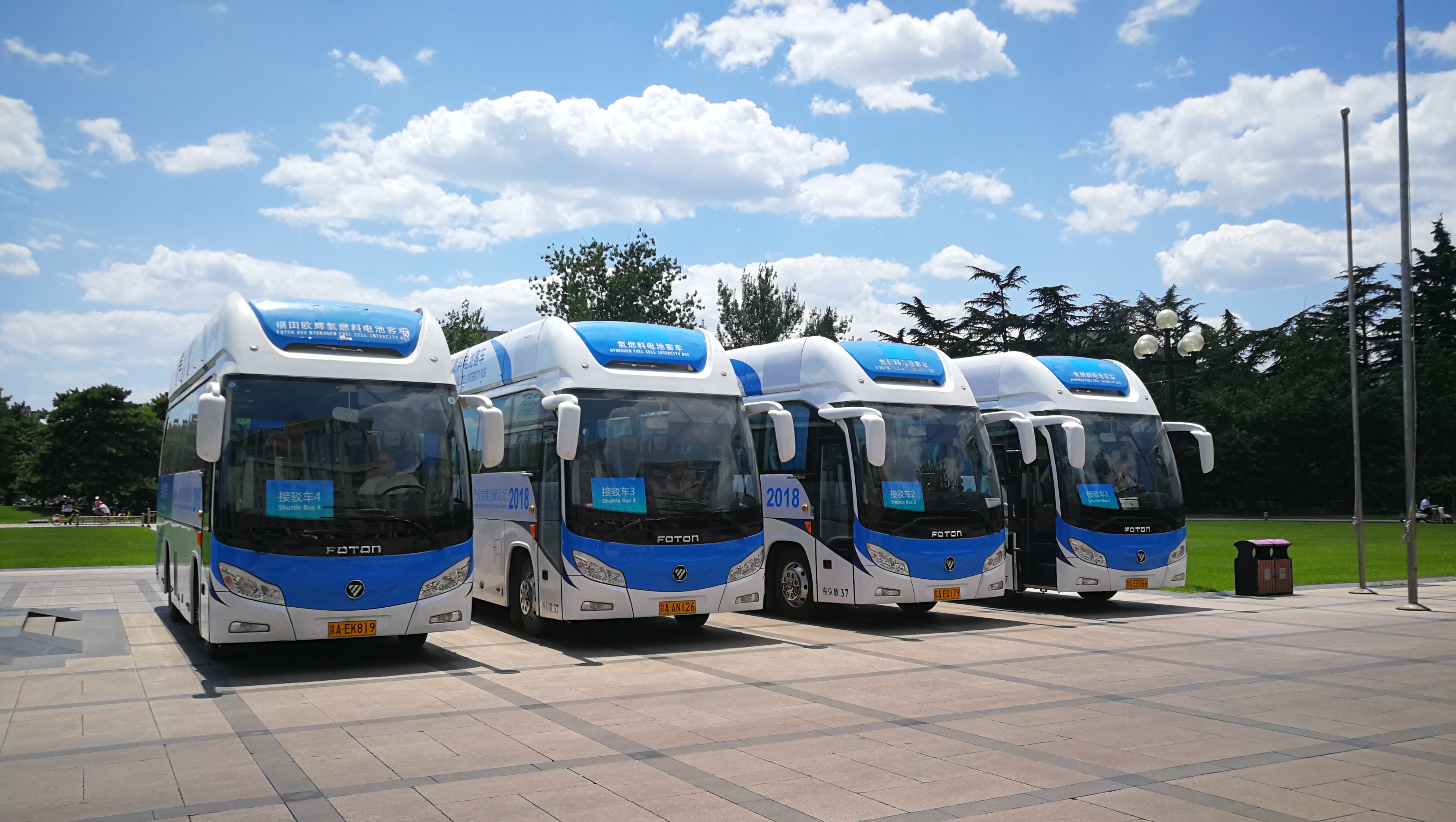Innovation
Overview
Today’s development landscape is rapidly changing, as new technologies redefine the ways in which people live, work and interact. This represents an opportunity to re-think how we address poverty, inequality and discrimination worldwide.
Over the past three years, UNDP has tested promising approaches to improve our effectiveness and innovate with our partners. For UNDP, innovation for development means using the most up-to-date concepts and tools available to achieve change. It is about finding better ways to create impact for people and the planet, to strengthen resilience and build more inclusive societies.
Twenty-first century challenges – such as getting societies ready for the future of work, ensuring digital inclusion and accelerating a low-carbon transition – require 21st century solutions. Only by thinking outside the box, being adaptable in our approach and harnessing cutting-edge tools, platforms and services, can we achieve the Sustainable Development Goals (SDGs) – to protect people and planet – by 2030. Fostering innovation is key to accelerating the solutions needed to tackle development challenges head on and shape a future that is sustainable, equitable and inclusive.
China’s rapid development over recent decades has seen it pioneering innovative technologies, as well as bringing new solutions and approaches to accelerate sustainable development. From advancements in clean energy like green hydrogen, to digital platforms providing services such as contactless payment, food delivery, online learning, and mobile banking, cutting-edge innovations are transforming people’s lives in China.
UNDP works with partners across academia, government and the private sector to harness technology for social good and help direct innovation knowledge, expertise and platforms in China towards the SDGs.
In-depth
Chengdu SPARK Lab – Re-thinking development and fostering innovation for the SDGs
In 2019, the United Nations Development Programme (UNDP), together with the China International Center for Technical and Economic Exchanges (CICETE) and the Hi-Tech Industrial Development District Government of Chengdu City, established the UNDP SDG Innovation Lab in Chengdu (SPARK Lab), the first UN-led Innovation Lab for the Sustainable Development Goals (SDGs) in China. Building on UNDP’s global Accelerator Lab innovation network across more than 120 countries, the work of SPARK Lab focuses on harnessing technological, financial and social innovation to tackle the world’s most pressing development challenges and accelerate achievement of the SDGs.
The Lab’s annual flagship event, the Re:Think Conference, brings together top experts from academia, central and local governments, the private sector and development practitioners to discuss the newest thinking and emerging trends in development and innovative solutions to achieve the SDGs. Topics have ranged from digital economy, financial innovation, resilient city construction and a just and inclusive low-carbon transition.
In addition, SPARK Lab also launched the INSPIRO Fellowship, a one-year programme bringing together outstanding young entrepreneurs globally to exchange ideas around tech for good and identify opportunities for international business partnerships embedded in the common goals of advancing the SDGs. INSPIRO means "inspiration" in Latin. It also stands for the core values of this program - Innovative, Sustainable, Peer-Inspired, Resilient, and Optimistic.
2021 ReThink conference held in Chengdu
Innovating for the Green Transition
UNDP has also established an SDG Innovation Lab in Suzhou, in partnership with CICETE, Suzhou New District and Green Technology Bank under the Ministry of Sciences and Technology. The Lab focuses on accelerating the city’s green transition and its industries through green technology transfer and an incubation platform providing more than 10,000 solutions to match categorized and standardized local green tech demand. The lab will also introduce a green supply chain tracking and monitoring system to support industrial decarbonisation, as well as initiate the first district-level SDG assessment tool in China.
Accelerating China’s Hydrogen Economy
UNDP has been supporting the demonstration and commercialisation of hydrogen fuel cell vehicles for nearly two decades. UNDP’s hydrogen and fuel cell vehicle projects have helped to put over 3,000 vehicles on the streets, and 39 refueling stations into operation in eight cities with both GEF and government funding. This has led to the deployment of commercial fleets in 45 cities all across in China.
To create a supporting environment for promotion of the hydrogen economy, UNDP has also contributed to formulating national, subnational and local policies and plans , in addition to industrial standards. By supporting the creation of hydrogen value chains in six industrial clusters with over 500 companies, we have contributed to creating an ecosystem that is sustainable and evolving, thereby advancing the decarbonisation of high-emission sectors and promoting green and inclusive growth.
In addition, we are helping local governments to develop and pilot technical vocational education and training (TVET) programmes, strengthening preparation for the future of work. We’re also exploring a new phase of pilots for the use of green hydrogen in heavy-duty transport, industries, and energy, to help local governments in achieving their emissions reduction targets.

Hydrogen Fuel Cell Buses in Beijing
Explore more

 Locations
Locations




